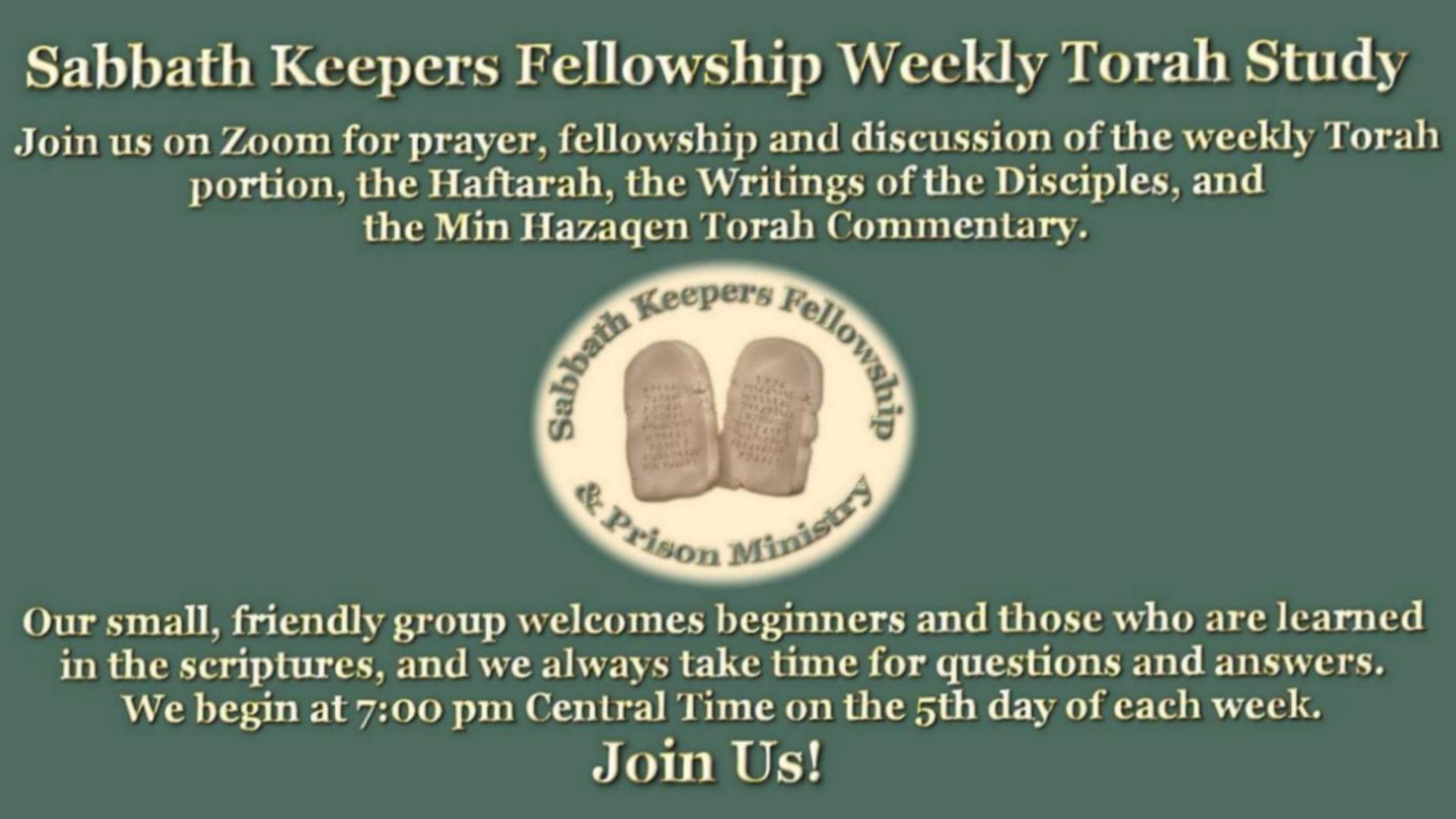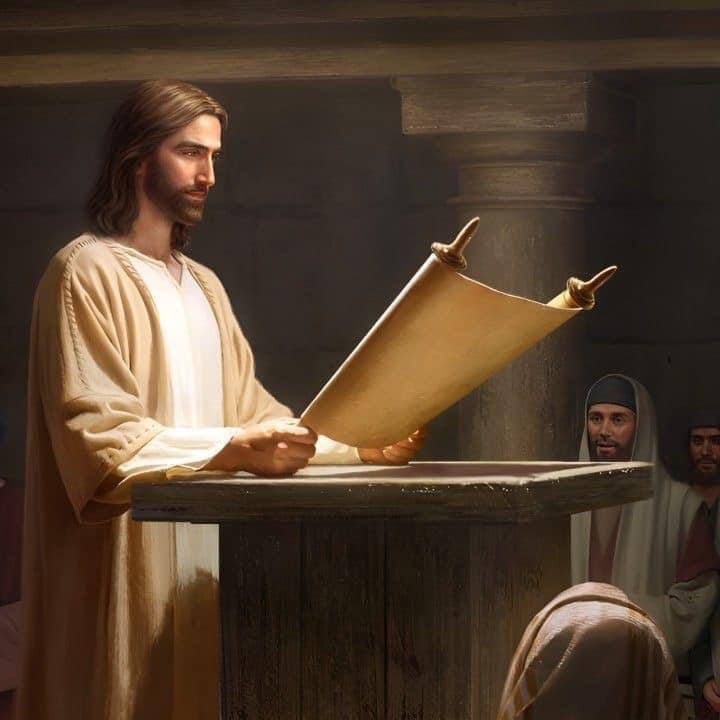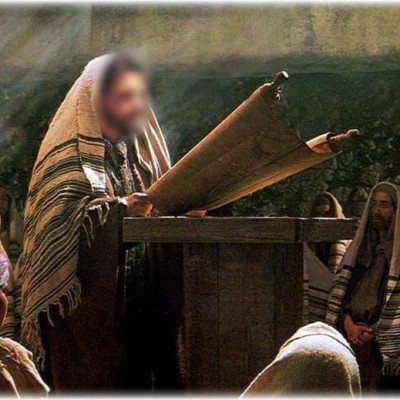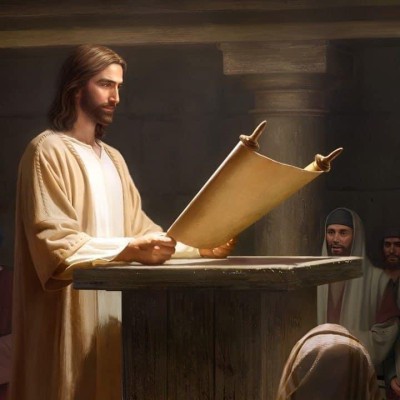Watch
Events
Articles
Market
More
On this date in history, 11/07/1916: Jeannette Rankin of #montana becomes the first woman elected to the United States Congress. #otd #tdih #montanahistory



It has been claimed that most Christians today naturally keep 90 percent of the commands of Torah, whether wittingly or unwittingly, simply by being excellent followers of Jesus according to their particular church doctrines. This statement is false and is made by those who either do not know the Torah or who wish to deceive ignorant people into believing their religion and its practices are okay. Such teachers are assuaging their own guilt and wishes, thinking that if they say such things loud and long enough, they will become true. They will not, and simple math is all that is necessary to disprove and discredit their claim:
· There are arguably 613 Commands in the Torah.
· There are 77 positive commands (thou shalt) which can be kept today.
· There are 194 negative commands (thou shalt not) which can be kept today.
· There are 26 additional commands which can be kept today, contingent upon living in the land of Yisrael.
This means that, of the 613, only 271 Torah commands can currently be kept by anyone outside the land of Yisrael – which is roughly 44 percent of the total. If one lives in the land of Yisrael, 279 commands could currently be kept, which is roughly 49 percent of the total possible. This is the best that could presently be accomplished by a perfect Tzadik – a fully righteous man who knows the Torah and scrupulously practices it to the best of his or her ability.
I have personally surveyed numerous Christians and Torah-observant believers over a period of two decades regarding their keeping of the commandments of Torah. I went through each of the commands, explaining each in its turn to those who did not understand them, and asking each person six questions:
1. Should you keep this command?
2. Should you not keep this command?
3. Would you keep this command?
4. Would you not keep this command?
5. Do you keep this command?
6. Do you not keep this command?
The results were amazing and eye-opening, and no one could possibly have guessed them. Relatively pious Christians kept (or tried to keep) an average of just 43 positive commands and 42 negative commands of the Torah, a total of 85 or about 31 percent of the possible 271 commands which can possibly be kept today. All of those surveyed acknowledged that this was an ideal number, and that they did not do so well in practice. This means that Christians, on average, keep or try to keep only 14 percent of the total 613 Torah commands.
Messianics and other supposedly Torah-observant believers in Yeshua fared somewhat better, keeping (or trying to keep) roughly twice the number of commands as their Christian counterparts. They averaged about 150 commands kept, which is about 55 percent of the 271 possible to keep today, or about 24 percent of the total 613 commands of Torah. These numbers varied widely, as there is little agreement between supposedly “observant” groups about what Torah commands are binding upon believers today.
So much for the “90 percent” claim. If you are going to throw around such numbers, you should first do the math.
“Man does not live by bread alone, but by EVERY Word that comes from the mouth of YHWH.”
“If you love me, keep my commandments.”
“And by this we know that we know Him, if we guard His commands. The one who says, ‘I know Him,’ and does not guard His commands, is a liar, and the truth is not in him. But whoever guards His Word, truly the love of Elohim has been perfected in him. By this we know that we are in Him. The one who says he stays in Him ought himself also to walk, even as He walked.”
“Let us hear the conclusion of the whole matter: Fear Elohim and keep His commandments: for this is the whole duty of man. For Elohim shall bring every work into judgment, with every secret thing, whether it be excellent, or whether it be evil.”




Shalom, friends,
We invite you to join us live on Zoom and YouTube at 4pm Central Standard Time on this Sabbath afternoon, 11/02/2024, for scripture study and prayers.
The lesson for the day is titled:
"Are You Truly Torah-Observant?"
Join us on Zoom at:
Join us on YouTube at:
The original article this week's lesson is based upon, as well as many others, can be found in the Library page of our website at:



Sabbath Keepers Fellowship Weekly Torah Study
Join us on Zoom for prayer, fellowship and discussion of the weekly Torah portion, the Haftarah, the Writings of the Disciples, and the Min Hazaqen Torah Commentary.
Our small, friendly group welcomes beginners and those who are learned in the scriptures, and we always take time for questions and answers.
We begin at 7pm Central Time on the 5th day of each week. Here is the link: https://us06web.zoom.us/j/4731209848
Join Us!




People often say it’s semantics whether we follow a Messiah or a Christ, that it’s no different thinking of Him as Yeshua or as Jesus. But what a night an day difference it is if we are imitating someone. What a striking opposite stance when we are intended to mimic that Person, to do as He did. What does that look like? How we behave in this life will be determined by how we see the One we are imitating. When we see Him as Hebrew Messiah will our goal be to live like Israelites? It should be. What if we see him as the Greek Christ? We will become Greco-Roman, will we not?
Question Everything
templecrier.com




People often say it’s semantics whether we follow a Messiah or a Christ, that it’s no different thinking of Him as Yeshua or as Jesus. But what a night an day difference it is if we are imitating someone. What a striking opposite stance when we are intended to mimic that Person, to do as He did. What does that look like? How we behave in this life will be determined by how we see the One we are imitating. When we see Him as Hebrew Messiah will our goal be to live like Israelites? It should be. What if we see him as the Greek Christ? We will become Greco-Roman, will we not?
Question Everything
templecrier.com





Song for the afflicted - 5b | #the real discourse



Song for the afflicted 5 | #comparisons



song for the afflicted - 4 | #kosher


